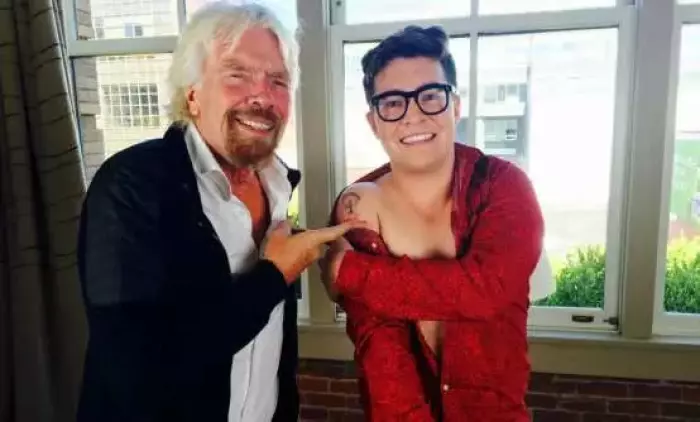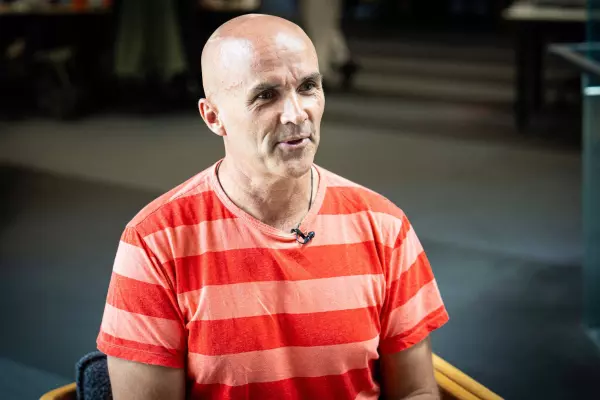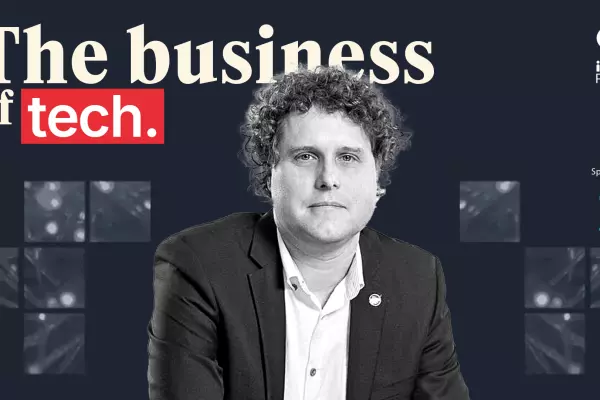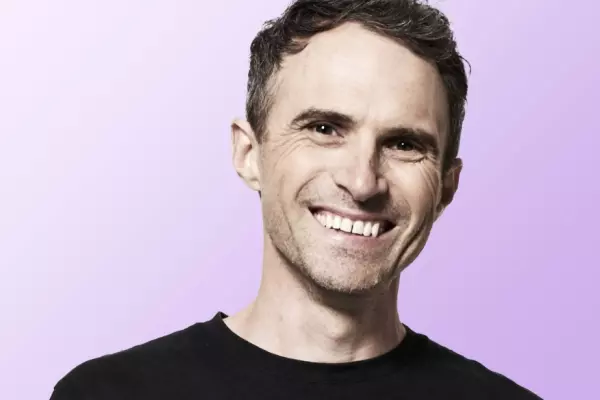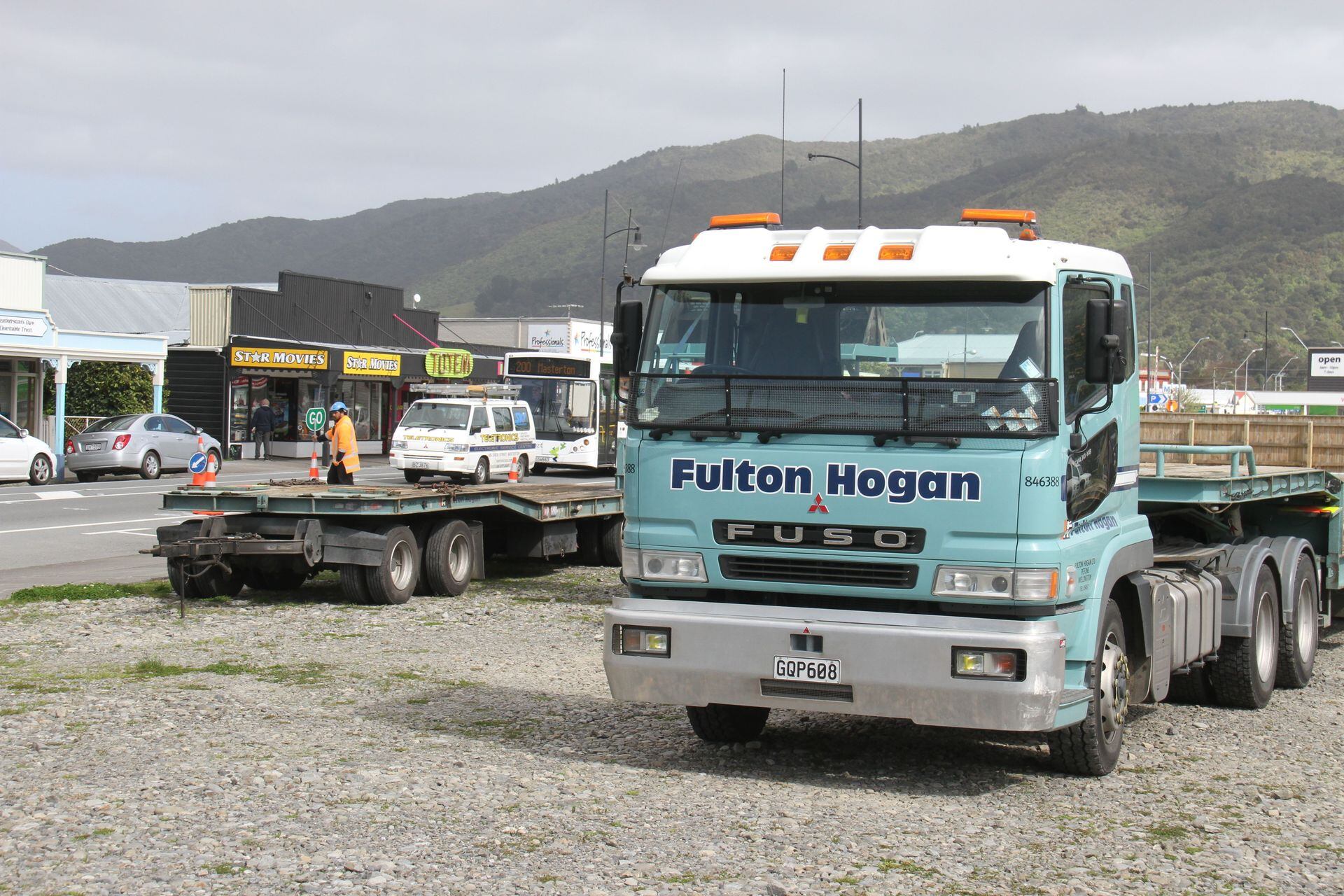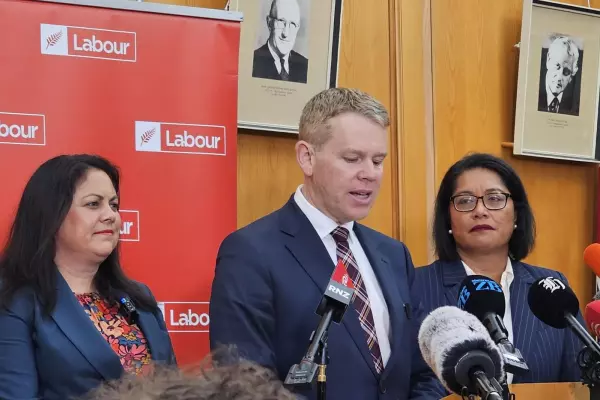News of Jake Millar’s death in Kenya on the weekend was greeted with shock but also white-hot anger by many who knew the 26-year-old entrepreneur.
Millar’s world began to unravel in February when Unfiltered, the video content startup he founded with Yuuki Ogino, was sold off for a tiny fraction of the $4.6 million a number of big-name investors had put into it.
Built around Millar’s series of interviews with famous business leaders, Unfiltered was a streaming video platform attempting to tap into the booming market for motivational content. But there was a big question mark over its business model. Ultimately the investors’ money ran out before Millar could find one.
Unfiltered ended in acrimony and recriminations from some investors over how Millar had run the company. It wasn’t a particularly significant startup failure but its demise attracted a disproportionately large amount of bruising media coverage for Millar.
Just another tall poppy?
Startup founders have a symbiotic relationship with the media. That is, it should be mutually beneficial. Entrepreneurs want exposure for their venture in trusted media outlets that draw a large audience.
In return, journalists and their editors want authentic and newsworthy stories charting the progress of New Zealand businesses and access to the personalities behind them.
By and large, it works well. If you look at the Kiwi companies that achieved successful exits in the past year – Vend, Timely and Seequent among them, they all had a good run in the media.
Rocket Lab has faced legitimate questions about its military contracts and its workplace culture, but Peter Beck and his company have been widely lauded in media outlets for their incredible success.
There was a certain amount of schadenfreude in some of the coverage of Unfiltered’s demise. Some in the media and tech sector will this week be reflecting on their preoccupation with Millar’s penchant for Gucci loafers and flamboyant suits.
There were incredibly in-depth stories run about Unfiltered’s woes. But that’s because high-profile investors were involved and the fact some of them were willing to give their side of the story. There were legitimate questions to be answered.
I don’t believe, as some have claimed this week, that we have a tall poppy complex in New Zealand when it comes to our business people. The problem is that too many entrepreneurs seem to think that the media’s sole job is to wave the flag for them as some sort of NZ Inc promotional machine.
The media’s primary purpose is actually to hold the institutions of society and the business community to account. It can be incredibly hard to do so when it comes to small private companies where there is little visibility from the outside into what is really going on.
The criminal trial of Theranos founder Elizabeth Holmes currently playing out in the US is a chilling reminder of how the media and investors alike can get caught up in the cult of personality and lose sight of business fundamentals.
Trial by media
In a LinkedIn post reflecting on Millar’s death, the inventor and philanthropist Sir Ray Avery lay the blame for Millar’s personal woes squarely at the feet of the media.
He was, Avery suspects, “left alone with just the ‘trial by media’ comments recirculating in his head”.
None of us can really profess to know what was preoccupying Millar in his final days in Kenya. A cause of death has not been established. Avery has been unwise to suggest otherwise without proof.
However, what is clear is that Avery’s view of the media is coloured by his bitter feud with Newsroom, which in 2018 ran an extensive investigation into his business and charitable activities.
After legal threats against Newsroom, Avery was ultimately unsuccessful in two complaints against the publisher at the Media Council.
"The Media Council accepts that journalists must be able to carry out robust investigative journalism, even if that involves implicit or direct criticism of institutions or individuals in the public eye," the Council noted in its ruling.
Entrepreneurs who court media attention need to be prepared to face scrutiny when things don’t go to plan. It is hard not to take negative press coverage personally. The answer is to build good relationships with journalists, accept criticism where it is warranted and be as transparent as one can possibly be.
The media didn’t run Millar out of town. What’s clear is that, despite his relentless positivity as a charismatic interviewer, Millar was struggling long before the media worm turned on him.
Entrepreneur Jenene Crossan, while angry at the media coverage, particularly at NBR publisher Todd Scott’s emails seeking to force Millar to give an interview about his business failure, earlier this week recounted how Millar contacted her after she gave a powerful interview to NBR about her mental health struggles.
“I can’t bear the thought of failure, of letting down my investors, my friends, of letting down myself. I can’t fail,” Millar apparently told Crossan back in 2018, the year Millar and Ogino made the Forbes 30 under 30 list.
“It was said in the context of him struggling, that he was lost, needing support and was finding the pressure of the hype surrounding his business and him as an entrepreneur too much to cope with,” wrote Crossan, who started NZGirl over 20 years ago and is the co-founder of Powered By Flossie.
A high psychological price
This is the heart of the problem. Being an entrepreneur can exact a high psychological price. Startup founders put in huge hours and often go into debt to bring their business vision to life. They are now younger than ever and are able to access more money earlier. But with that funding comes high expectations.
Recently, I had the opportunity to interview the heads of startup incubators and accelerators all over the country. Many of them singled out founder wellbeing as an increasing area of concern. Burnout is a real problem, only exacerbated by the complexities of trying to get a business off the ground during the pandemic.
We have a cohort of experienced founders and investors who are willing and able to mentor and support the next generation of entrepreneurs. We need to draw on them more and take an evidence-based approach to tackle the mental health issues young entrepreneurs are dealing with - before they are overwhelmed by them.
We hear a lot about the need to celebrate failure. But we also need to do more upfront work to better prepare young founders for the fact that failure is a distinct possibility, even a likelihood.
We need to crack that silent despair young entrepreneurs go through while trying to survive, believing that ‘fake it till you make it’ is just the way the startup world works. I understand some positive moves are afoot in the startup community as I write this.
For all the wise and successful investors, mentors and friends in his orbit, Millar didn’t get the guidance and support he needed to avoid this outcome, the roots of which go much deeper than embarrassing media coverage.
“If you have not done it, you have no clue about the white-knuckled fear that creation of something new brings with it, especially when your back is against the wall,” wrote serial entrepreneur Paul Ryan this week.
“So we need to lift those up who took a risk with everything they had, and let them fail well, with integrity and grace intact.”
Jake Millar was a gifted young man. He made mistakes. But he never had the opportunity to fail well. We have to do everything we can to make sure no other young entrepreneur ends up on that same lonely path.
Where to get help:
• Lifeline: 0800 543 354 (available 24/7)
• Suicide Crisis Helpline: 0508 828 865 (0508 TAUTOKO) (available 24/7)
• Youth services: (06) 3555 906
• Youthline: 0800 376 633
• Kidsline: 0800 543 754 (available 24/7)
• Whatsup: 0800 942 8787 (1pm to 11pm)
• Depression helpline: 0800 111 757 (available 24/7)
• Rainbow Youth: (09) 376 4155
• Helpline: 1737
If it is an emergency and you feel like you or someone else is at risk, call 111.


